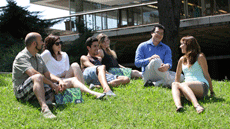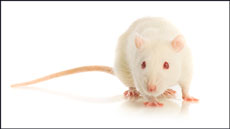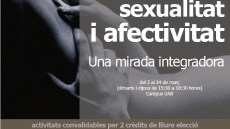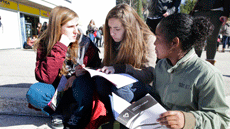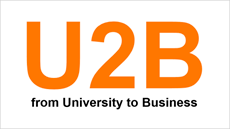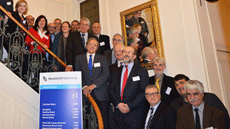
The UAB organises a new edition of the Universitat d'Estiu-Summer Term
The UAB has organised a new edition of Universitat d'Estiu-Summer Term for this coming summer. There will be three types of courses available: bachelor's degree subjects, university participation activities and propaedeutics.
